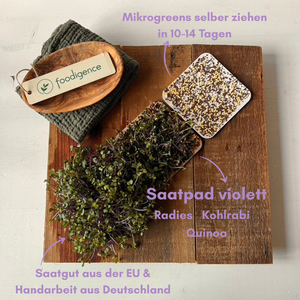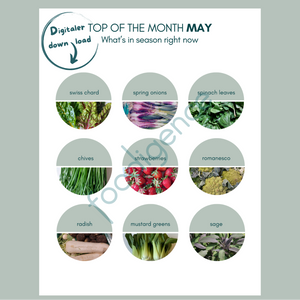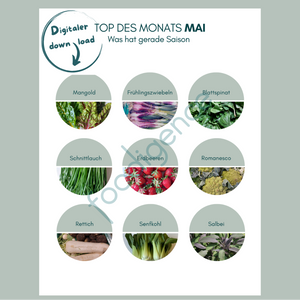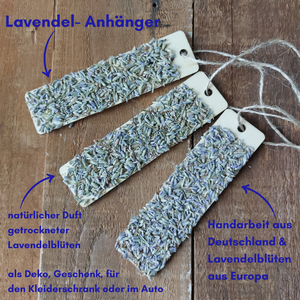
Topics
May we introduce you to the "top performers" of great foods. You simply should get to know them better! Are you ready?
Amaranth
What's in the little grains

Amaranth profile
 Botanical name
Botanical name
Amaranthus
Family
Amaranthaceae
Nickname Inca wheat, foxtail
Origin of the name
Origin of the name Ancient Greek
Name Translation amaranthus Meaning immortal, not withering
Origin/Cultivation
Country/area of origin: Central and South America
Time Cultivation for more than 9000 years (prehistory)
Spread to Europe through the discovery of America (end of the 15th century)
Significance/Importance Amaranth is one of the oldest crops of humanity. Further information The ancestors of the Incas in Peru and the Aztecs in Mexico already cultivated amaranth (along with beans and corn, it was the main food source). Facts in brief
high protein content with all essential amino acids, minerals and fiber.
It contains tannins and oxalic acid - so if you are sensitive, less is more
Happen
Sprouts / Microgreens: own local cultivation
Plants (main growing areas): South America, Asia, India
Plants (Europe): Austria, Germany (Bavaria, Baden-Württemberg)
Season/Harvest (DACH)
As germs / microgreens & sprouts, easy & quick to grow all year round
Season/Harvest Europe
JAN x FEB x MAR x
APR x MAY ˽ JUN ˽
JUL ˽ AUG ˽ SEP ˽
OCT ˽ NOV x DEC x
x not available ˽ Outdoor 2 Ո Storage / Greenhouse
Storage conditions
Seeds: airtight, dry, protected from light B
leaves: in the refrigerator, protected from light (use within 2 days)
Tip: the leaves are also ideal for freezing
Edible parts
Sprouts, seeds, leaves
Preparation form
sprouted, cooked (seeds), puffed (seeds), raw (leaves)













